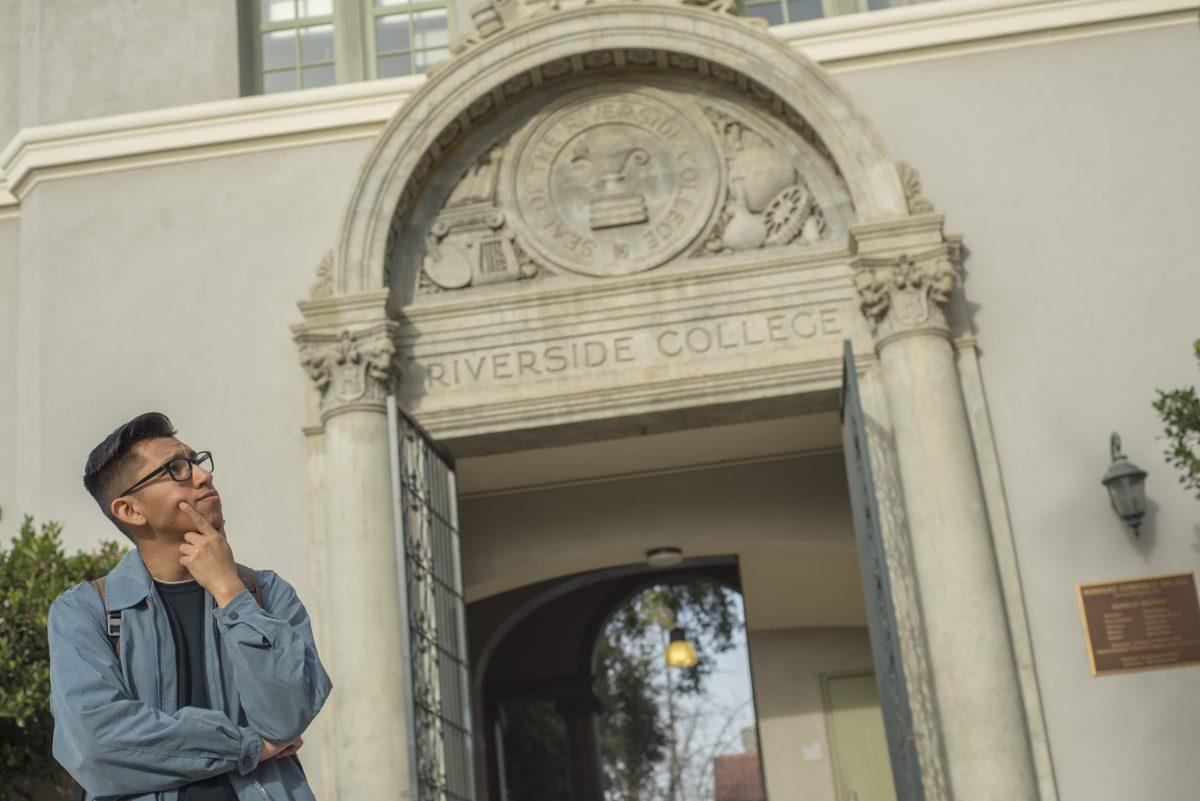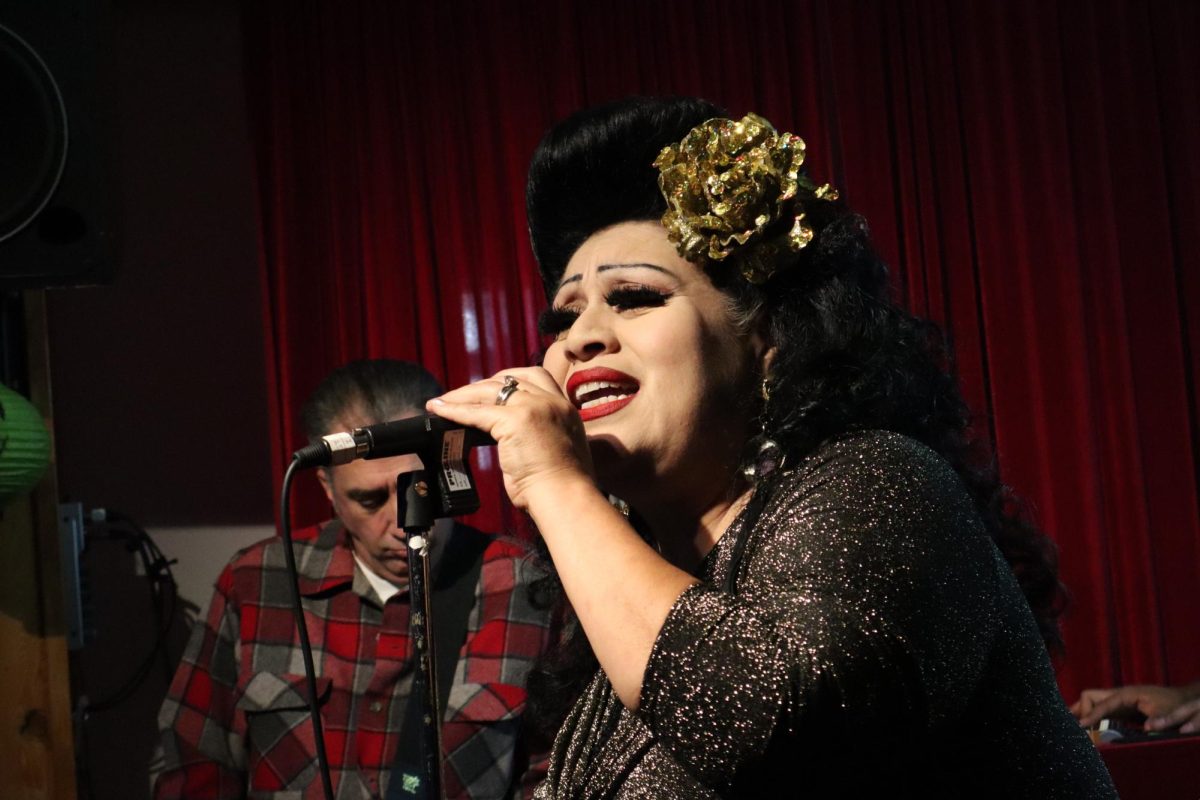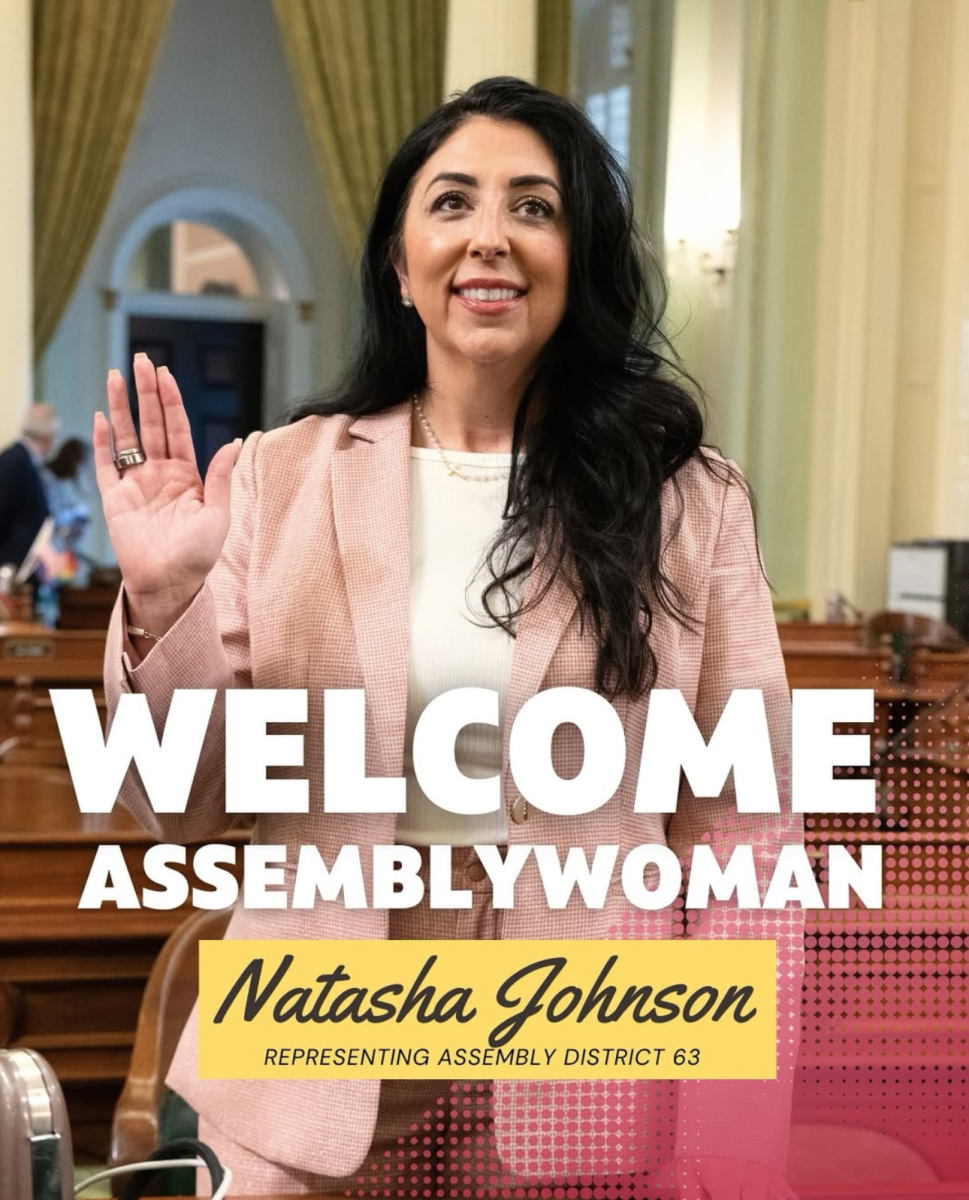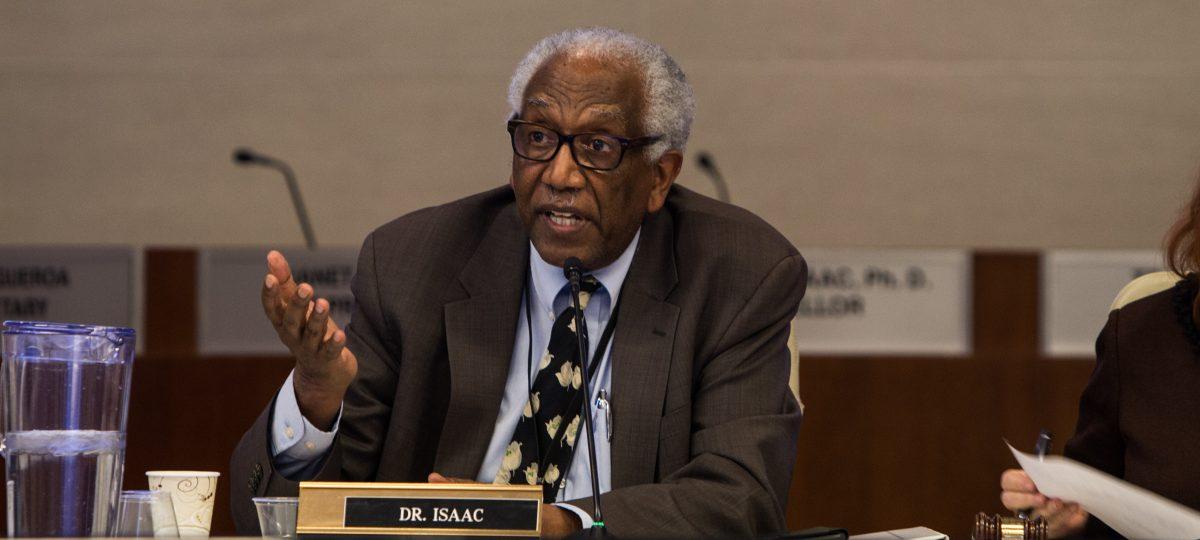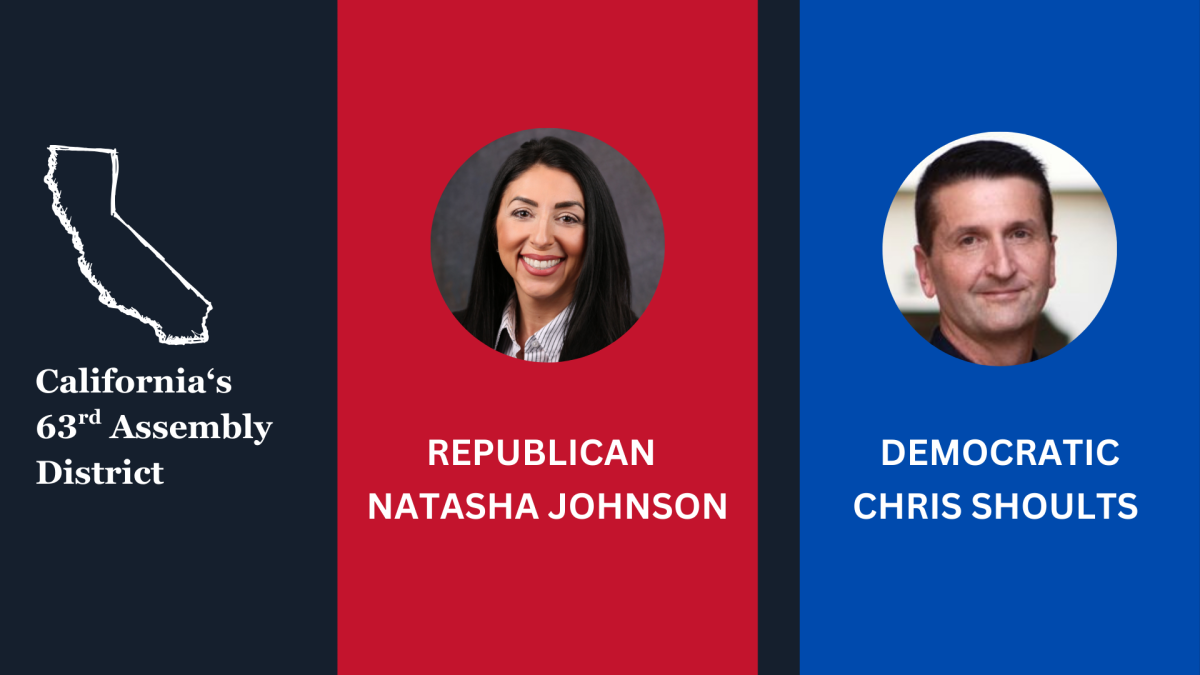by Jose Marquez
College presidents from Riverside, Norco and Moreno Valley have voiced their support for students under the Deferred Action for Childhood Arrivals (DACA) program.
Blas Morales is one of the approximately 300 undocumented students, referred to as Dreamers, at Riverside City College, according to Wendy McEwen, dean of Institutional Effectiveness at RCC.
Morales wrote a small article that was published on the New York Times website about how cutting DACA would impact him and students in similar situations.
“During his campaign, he (Trump) promised to end DACA which is a protection to shield Dreamers like myself, who came here to the United States as children” Morales said, “If he does end this program, I won’t be able to legally work here and I’m probably gonna end up being deported.”
Morales also mentioned some of the benefits that DACA provides.
“(DACA) protects you from deportation and also gives you a (social security number) and a work permit,” Morales said.
During Obama’s administration in 2012, he signed an executive order initiating the DACA program that currently protects more than 700,000 individuals from deportation nationwide.
California has the highest amount of DACA recipients with roughly 216,000; about a third of the total recipients. Under the DACA program, many recipients are brought to the United States at a young age where they have no control over being undocumented. There are certain requirements that they must meet which can be found at www.uscis.gov.
About 87% of DACA recipients are currently employed by U.S. businesses throughout the nation. According to some data collected by the Immigrant Legal Resource Center, a report was found to conclude that ending DACA could weaken Social Security and Medicare funds by $24.6 billion over a decade, along with contributing businesses to cause some turnover costs of about $3.5 billion
President Donald Trump has said conflicting comments, but has not issued specifics regarding DACA.
While the fate of the program is still up in the air, RCC administration has gone out of their way to assure students that they will turn away any officials that command confidential documents and/or information pertaining to particular students to the Office of the Chancellor which would then direct them to the District’s Attorney, as it violates the Family Educational Rights and Privacy Act laws.
RCC President Wolde-Ab Isaac issued a statement that student privacy would be protected unless they were required by law to hand it over, even then they would verify if the order was legitimate.
“Number 1 FERPA law doesn’t allow us to share any information with anybody.” Isaac said. “We have a legal office in the Chancellor’s office, so that any court orders should be sent to them. To verify that it is a true court order. There are real legal reasons for that … So none of your information is gonna be shared with anybody.”
College presidents from Moreno Valley, and Norco College backed up what Isaac had stated.
“If somebody comes in and to my office from immigration and wants student information, I’m not giving it to them,” said Norco College President Bryan Reece. “If you came into my office right now with a court order from the federal government, I’m gonna send you to the district office and to the attorney because there’s also clear federal law and state law which says that I’m never supposed to give these documents away.”
Riverside Community College District police and college staff are on the same boat, Sergeant Robert Kleveno said their procedures will stay the same.
“No. No our policies have not changed… We do not work with the federal government,” said Sergeant Kleveno when asked if the district police were given any changed orders in relation to undocumented students’ status.
Some students, faculty, and members of the school’s administration such as Benjamin Vargas Jr, an educational advisor for La Casa, are concerned about whether the school is going to stick to what they promised.
“Our school put out a statement that they’re gonna not be involved,” Vargas said. “And we hope that we can believe in them, but as a human being you always gotta have that doubt. You always gotta have that second, ‘oh well what if?’” Isaac mentioned events such as student forums that occurred last semester as some of the things the college is doing to provide a safe environment for all students.
“We’ve had gatherings,” Isaac said, “We’ve had (student forums) led by equity chair Professor Kristi Woods, we’ve had a meeting with Assemblyman Jose Medina who was here to give presentations, we’ve had a chat with the students … It’s an ongoing discussion.”
All three college presidents from the District, faculty and staff from many student service programs have entailed that they will always be available for students who want to talk about current issues or raise some concerns.
Reece discussed the Board of Trustees and their current plan for a way to make the community feel more safe.
“The Board of Trustees are currently undergoing a process where they can clearly adopt a statement for how all officials from the District should go through with these situations such as having absolute no tolerance for hate speech,” said Reece. “We need to create an environment where students can openly exchange ideas in a civil approach.”
In regards to education, college presidents from the District all said that they are currently discussing a proposal with their fellow colleagues and Board of Trustees in creating a collective Legal Defense Fund for students. They said they are focusing on creating this fund with as many, if not all the California Community Colleges to contribute to ensure that they are in a state that is behind all students regardless of their personal background and/or situation.
Viewpoints attempted to reach Board of Trustees President Virginia Blumenthal for a comment through email but received no response.
Misty Severi contributed to this article.

